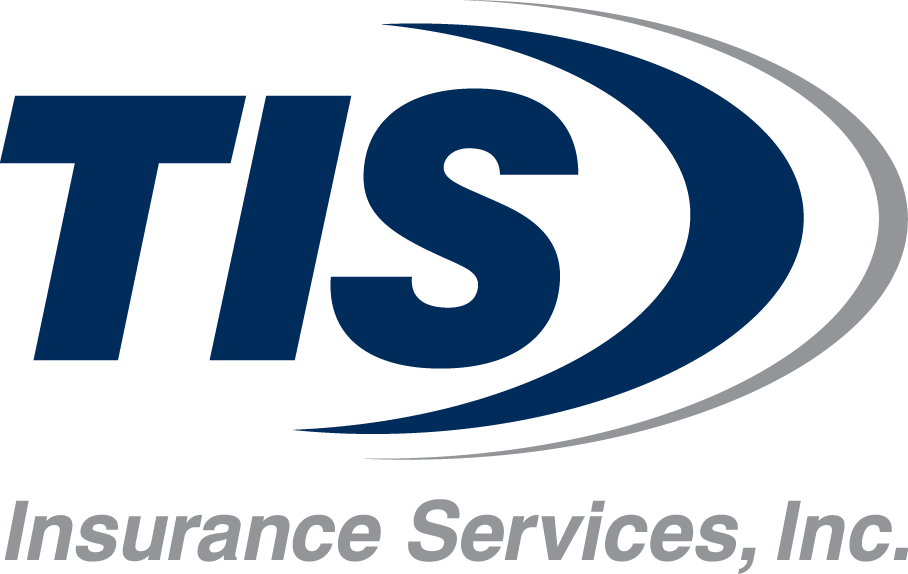High-Deductible Health Plans (HDHPs) are increasingly popular in the United States as employers and individuals seek ways to manage rising healthcare costs. While these plans require policyholders to pay a higher deductible before insurance coverage kicks in, they also offer a range of benefits that can make them an attractive option.
Benefits of HDHPs
1. Cost Savings on Premiums
One of the primary benefits of HDHPs is the lower monthly premium compared to those paid for a traditional health insurance plan.
Premiums are the regular payments made to maintain insurance coverage, and lower premiums can significantly reduce monthly expenses for individuals and families. For many, the immediate cost savings on premiums can be substantial, making HDHPs a more affordable option in the short term.
2. Access to Health Savings Accounts (HSAs)
HDHPs are typically paired with Health Savings Accounts (HSAs), which provide significant financial advantages. Think of them as tax-advantaged savings accounts for medical expenses. You contribute pre-tax dollars to cover deductibles, co-pays, and prescriptions. Plus, any unused funds can grow tax-free, withdrawals for qualified expenses are never taxed, and you can invest the funds once a minimum threshold is met. It’s a win-win-win for managing healthcare costs today and saving for the future.
3. Flexibility in Healthcare Spending
With an HDHP and HSA combination, policyholders have greater healthcare spending flexibility. Unlike traditional plans with set copayments and limited choices, HDHPs encourage consumers to shop for the best prices and services.
4. Encouragement of Preventive Care
Many HDHPs cover preventive care services, such as vaccinations, screenings, and annual check-ups, without requiring the deductible to be met first. This emphasis on preventive care can lead to early detection and treatment of health issues, ultimately reducing the need for more expensive treatments in the future.
5. Potential for Lower Overall Healthcare Costs
HDHPs can lower overall healthcare costs for those who do not require frequent medical care. For generally healthy individuals or families who only need occasional medical services, the savings on premiums can outweigh the higher out-of-pocket expenses. Moreover, with the help of an HSA, policyholders can effectively manage and budget for these out-of-pocket costs.
6. Rollover Benefits of HSAs
Unlike Flexible Spending Accounts (FSAs), typically “use-it-or-lose-it” within the plan year, HSA funds roll over from year to year. This rollover feature allows individuals to accumulate savings for future medical expenses, creating a financial cushion for unexpected healthcare needs.
7. Portability of HSAs
HSAs are owned by the individual and not tied to a specific employer. This portability means that even if an individual changes jobs or leaves the workforce, their HSA funds remain accessible for qualified medical expenses. This feature provides continuity and stability in managing healthcare costs, regardless of employment status.

Weighing the Potential Drawbacks: Considerations Before Enrolling
While HDHPs offer many benefits, it’s crucial to consider potential drawbacks before making a decision:
- High Deductible: Brace for higher out-of-pocket costs, especially for ongoing health needs.
- Limited Network Coverage: Some HDHPs have narrower provider networks than traditional plans. This may limit your choice of doctors and result in higher out-of-network costs if you see a provider outside the plan’s network.
- Not for Everyone: HDHPs are best suited for individuals and families who are generally healthy, understand their healthcare needs well, and can comfortably manage the higher deductible. If you have frequent medical needs or are prone to unexpected illnesses, an HDHP might not be the most suitable option.
Does a HDHPs Fit Your Needs?
TIS offers a variety of HDHP options paired with HSAs to help you manage your healthcare costs effectively. Reach out to one of our specialists to discover the right plan for you.






